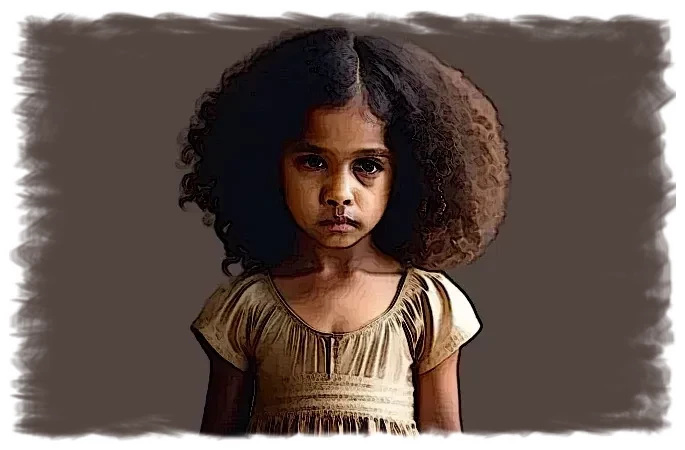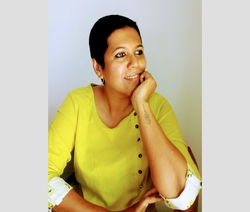Life in the 1970s and 80s was not easy for a child, school was full of bullies, teachers were yet to be sensitive to child psychology, and parents were not too eager to be concerned about their children’s mental health. It was all about physical wellbeing, feeding them well, keeping them away from diseases and rest is all good. Emotional wellbeing was yet to be discovered, and children normalised emotional issues as inevitable as human existence. Of course, mental health among adults was not discussed openly in society, and it was a pathetic life that awaited a mentally ill person. Films from those decades will validate my statement.
My childhood happened in those years with parents who thought I was a simple soul who could hardly make sense of the world. I preferred to keep quiet as well because we were not introduced to the vocabulary of emotional disturbances, and I thought my parents were too naïve to understand the complexities of childhood traumas. Moreover, with no mediated world constantly hailing us, we also had fewer resources to learn about the world of emotions. My angst was the result of my physical appearance. I had thick, dark afro hair with a tendency to go frizzy with the slightest moisture in the air. In fact, when I saw the scene with Monica’s frizzy hair in the series Friends for the first time, I was thrilled. Finally!! I could connect with her plight so well! I had really thick hair, and my mother had no qualms about cutting some of it from inside my dense hair so that it was manageable. It was also very afro, curled thick and coarse and circling my face; it curled up as well so that all of my hair framed my face.
The first time someone appreciated my hair was sometime after 2010. A dancer friend fondly said: “I wish I had hair like yours. It looks so cool. You should style it and carry it with pride”. I almost teared up with gratitude. Of course, it didn’t matter anymore. I had fought and surrendered to my body image issues long back, and I had grown over it. My mother could no longer create an impact in my head with her comments on my body. I had gone through the process of damaging my hair well, through repeated processes of straightening it out and then ignoring it altogether. I no longer cared, to be honest!
But that was not the case in my childhood and puberty years. I was called Sree Krishna and Sai Baba, and even my friends thought it was funny to equate my hair to these legendary figures who had curly hair. I felt insulted but remained quiet because I agreed with them. I thought my hair was a disaster. I did not have the flowing mane of models and actors I saw on the glossy pages of magazines. Not a single celebrity had my kind of hair in India. I remember planning to leave the country and settle down in a country where my hair was accepted as fashionable and pretty. I could not appreciate the fact that I had thick, dark, and healthy hair because the world around me was too loud to denounce the texture. I did not know the political dimension to this aversion to afro curls, I did not know then it was also symbolic of the subaltern stature of the communities that had curls and were darker in complexion in India. I failed to see beyond my agony, my sense of alienation triggered by the texture of my hair. I wanted to be included but I could not.
It gives me immense pleasure when I see young people carry their curls with pride. Their curls look amazing, and I wish I knew then, that my curls could have been my signature, my identity during my puberty!




leave a comment